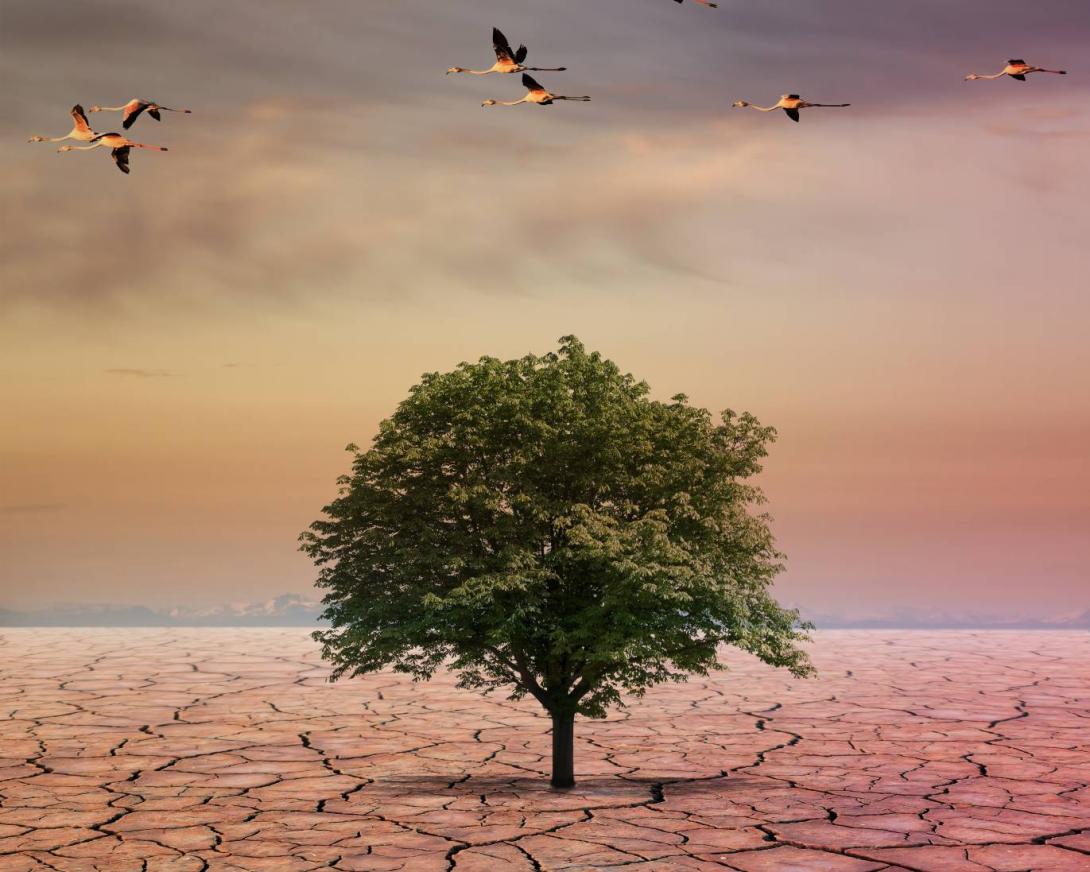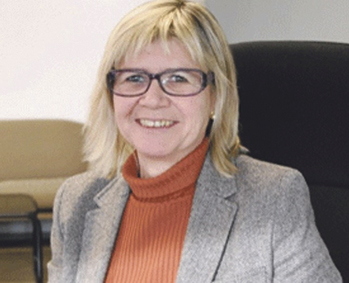
“The One Health concept means a cultural change that can only be carried out from the Administration”
An interview with Maite Martín, Chairwoman of the One Health Platform
Covid-19 has shown that we must change the way we approach health and see it as a comprehensive area that integrates human, animal and environmental health. A report by the Intergovernmental Platform on Biodiversity indicates that there are over 1.5 million unknown viruses in wildlife. It is estimated that, of this total, around 800,000 could be passed over to human beings. SARS-CoV-2, which caused the pandemic, was one of them. The One Health Platform is a pioneer in the world and it brings together over 140 organisations.
The One Health Platform was initiated over a year ago, on the 3rd of November, 2021.
The pandemic was the trigger that revealed the need to change the paradigm of how we understand health. In the countries with more resources, with strong healthcare services, we are used to seeing health from the point of view of treating illnesses and it is obvious that this reactive view of health alone is not enough to face up to the healthcare challenges that we have ahead of us. For example, the increasingly apparent speeding up of climate change has caused a rise in death rates due to the intense heat waves this summer. This is not something that must only be tackled from the perspective of the healthcare services, but rather we must act to mitigate the effects of climate change to prevent these deaths or the worsening health of people suffering from respiratory and cardiovascular pathologies, as they are the ones most affected by the heat. We must strengthen the preventive steps such as vaccination plans or screening to detect certain illnesses, but we must also go beyond this and reduce the pressure that the environment now has over our state of health.
This comprehensive approach to health calls to all the professions, as well as architects and town planners.
Moving forward towards more sustainable city models also benefits people’s health. We must take into account that social constraints have a great impact on our lives. For example, people with fewer resources are the ones who live in worse environments and are more vulnerable to contracting illnesses. We must take into consideration that our own health depends on, or is linked to that of animals, the environment and social constraints. This is the essence of the One Health concept.
What are your goals?
We want to promote the comprehensive One Health approach to health and to carry out outreach actions to ensure that this concept goes beyond the point it has reached up to now. The World Health Organisation and the United Nations’ Food and Agriculture Organisation (FAO) introduced the concept in the year 2000 and recently it has been incorporated into the United Nations Programme for the Environment. They are trying to promote the idea that policies from different countries should become aligned around it, but to date it hasn’t made much progress. The policies are moving in another context and there are always priorities that over take it. We can see this at the climate change summits: the agreements are always minimal and climate change continues; it is not waiting around for us to catch up. One of the platform’s goals is for this multidisciplinary and multi-sectorial strategy to start to seep into policies and the Administration is essential for this to become a reality. The One Health concept means a cultural change that can only be carried out from the Administration.
Why?
Today’s world has nothing to do with the way it was one hundred years ago. The population has increased exponentially; the activities developed by human beings on the planet have led to the degrading of the ecosystems, to climate change, to deforestation or to a loss of biodiversity, among other changes on the environment. These are factors that encourage greater contact between people and animals, which means that viruses leap from animals to humans more frequently. There are reports indicating that pandemics such as the one we have just experienced will possibly be more frequent and more deadly in the future. We have been warned; we have to do something. There is no sense to there being so much research and knowledge, and no policies are being made based on this evidence.
How do you work?
At the moment we are quite a powerful group, with over 140 organisations, with great significance. During this first year, we have taken part in many public audiences where documents have been presented such as the Strategic Health and Environment Plan. This document already involved a great effort by the Ministry of Health working with the One Health concept and this was carried out in collaboration with the Ministry for Ecological Transition. But animals were forgotten. It was not a plan that contained the essence of One Health, taking into account that there are 29 million pets in Spain, in addition to all the fauna we live alongside in the cities. From the Platform we provided elements along the lines for including animals, that is to say, valuing the impact of the environmental factors on animal health which, in turn, affects people’s health. We were very satisfied with this action because most of the contributions were included in the plan that was finally approved. We have also worked on other documents, such as the Natural Heritage Strategic Plan and Biodiversity and the 2030 Strategic Plan for Wetlands.
And if we don’t take on this comprehensive approach to health?
We go our way and the planet follows its own path and we are not aware of how the disappearance of a specific species could affect people’s health. For example, one endangered species at the moment is the water turtle. How does this affect human health? Their main food sources are jellyfish: if the turtles disappear, there will be an overpopulation of jellyfish, which will reach the coasts easily. This involves an increase in jellyfish stings, affecting health and healthcare expenditure. But not only this, there are other effects derived from an excess of jellyfish: in the coastal regions there are many businesses that make their livings from tourism or water sports. If tourists stop coming or these activities cannot be carried out, people could lose their jobs.
The disappearance of a species could have unforeseen consequences.
Our well-being is connected to both animal and environmental health. However, we are used to the fact that everything is valued in economic terms and not in health terms. We think that in the same way that the economic impact of a political step is valued, a valuation should also be made regarding the impact on health of all the policies that are carried out.
 Maite Martín is the Chairwoman of the One Health Platform.
Maite Martín is the Chairwoman of the One Health Platform.
Dean of the Faculty of Veterinary at the UAB.

